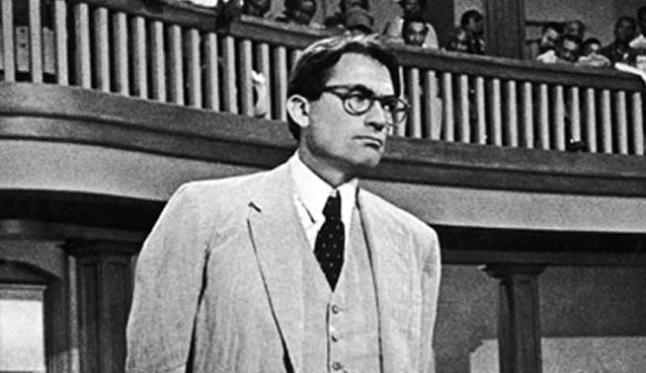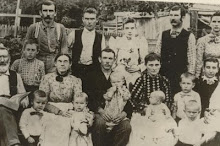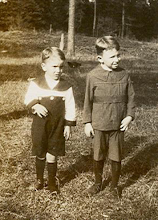Think
July 29, 2015

My father Dr. V.M. Holland was a "country doctor" in the 50s and well into the 80s as a classic example of the humanistic, college educated, worldly white professional who lived in the rural South like Harper Lee's Atticus Finch. My father delivered hundreds (if not thousands) of both White and Black children in Panola County in those years. He freely and diligently "doctored" both White and Black families, who waited in segregated waiting areas of the clinic on Panola Street in Carthage, Texas. He left the house at night to provide house calls for both races for decades and rushed out at night to the emergency room at the county hospital. I find both Atticus who served in WWI and Virgil who served in WWII, both born and lived in the rural South to be in their heart and soul very much in the same man from one book to the next, from one era in American history to the next. I came away from the discussion on KERA's Think show today with a desire to read "Go Set a Watchman" by Harper Lee and compare it to my past readings of her "To Kill a Mockingbird."
I
believe that Dr. Thomas DiPiero has done a wonderful job of presenting the
novel and how it does develops naturally from the SAME characters in
terms of the aging view point of the narrator and the reality of White Racism in the
South and the American Negro. Thank you,
Earlier this month, HarperCollins published Go Set a Watchman, the novel Harper Lee called the “parent” of To Kill a Mockingbird. This hour, we’ll talk about how the book has us reconsidering Atticus Finch and the rest of the Mockingbird universe with Thomas DiPiero, dean of the Dedman College of Humanities at SMU. DiPiero reviewed Watchman for the New York Post.

Atticus’ complexity makes “Go Set a Watchman” worth reading. “Mockingbird” was written through the eyes of a child. “Watchman” is the voice of a clear-eyed adult.
Thomas DiPiero
My father Dr. V.M. Holland was a "country doctor" in the 50s and well into the 80s as a classic example of the humanistic, college educated, worldly white professional who lived in the rural South like Harper Lee's Atticus Finch. My father delivered hundreds (if not thousands) of both White and Black children in Panola County in those years. He freely and diligently "doctored" both White and Black families, who waited in segregated waiting areas of the clinic on Panola Street in Carthage, Texas. He left the house at night to provide house calls for both races for decades and rushed out at night to the emergency room at the county hospital. I find both Atticus who served in WWI and Virgil who served in WWII, both born and lived in the rural South to be in their heart and soul very much in the same man from one book to the next, from one era in American history to the next. I came away from the discussion on KERA's Think show today with a desire to read "Go Set a Watchman" by Harper Lee and compare it to my past readings of her "To Kill a Mockingbird."


